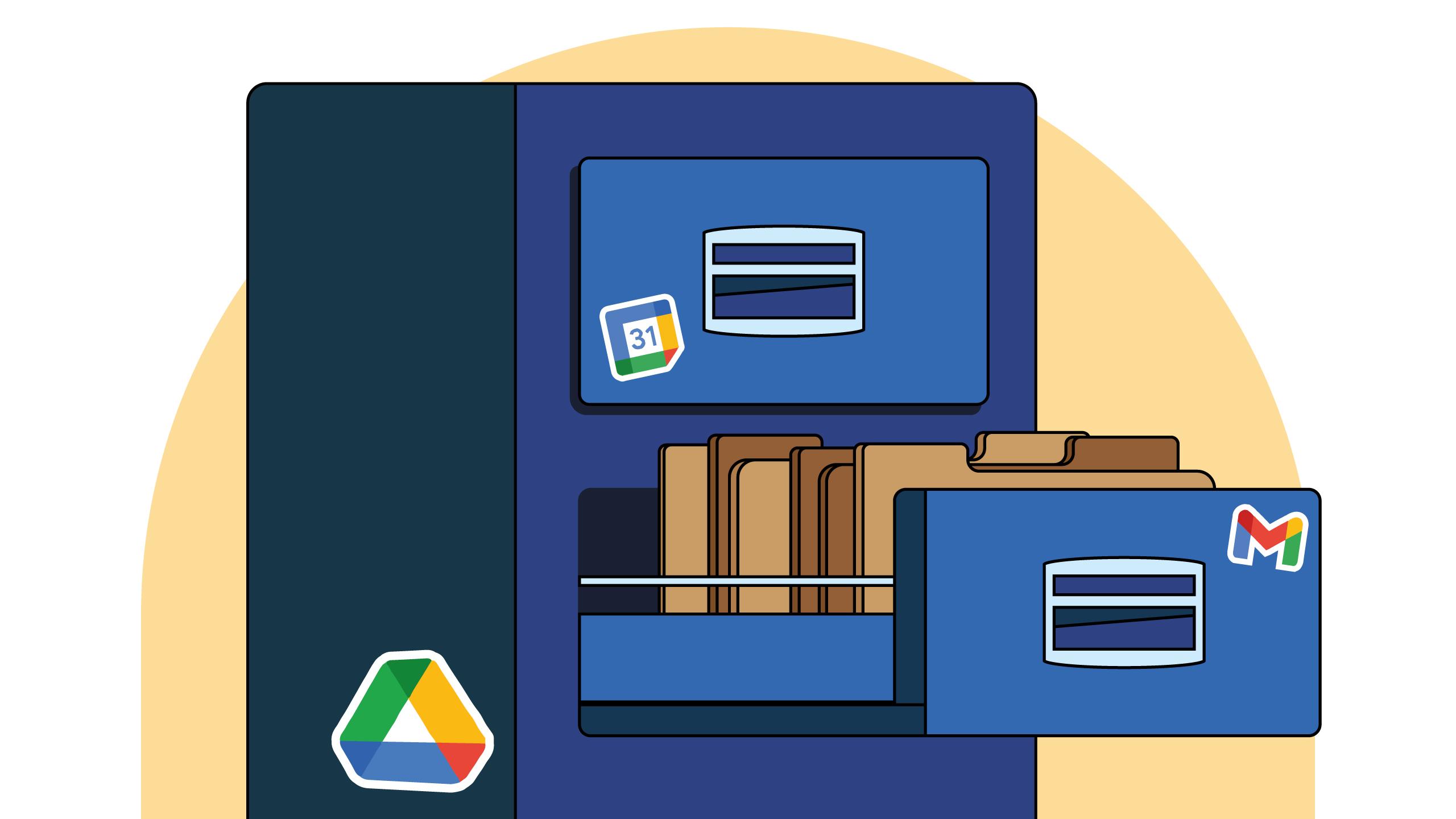By Alethea Ng
Ryerson students will lose their unlimited Gmail and Google Drive storage in 2022, according to a recent announcement from Ryerson’s Computing and Communications Services (CCS).
Students and alumni with Ryerson email accounts have had access to unlimited storage space since 2014. This change is a result of Google’s updates to G Suite, a series of tools including Gmail, Google Drive and Google Docs.
Last October, Google revealed it would be rebranding G Suite as Google Workspace, which introduced immediate changes like the ability to preview links in Docs or Slides.
This February, the company announced further adjustments to G Suite for Education, which Ryerson uses. G Suite for Education has lower pricing and different capabilities than the workplace-oriented G Suite, including new limits to the previously unlimited storage available for educational institutions.
Brian Lesser, Ryerson’s Chief Information Officer, said that Google announced these changes while highlighting their increase in users during the COVID-19 pandemic.
“A lot of Google Meets recordings are being made, people are relying on the system, uploading everything to share,” Lesser said. “Their usage has just gone through the roof in terms of their storage.”
Google announced that educational institutions would start with a baseline of 100 terabytes (TB), a unit of storage measurement that is enough for 500 hours of high-quality video.
Lesser, whose role includes blending Ryerson’s IT services with the university’s academic plan, told The Eyeopener in an email that Ryerson has renewed its enterprise licence with Google, which should give the university an estimated 700 TB when unlimited storage is removed.
However, Lesser wrote that the university’s collective storage currently totals around 2,400 TB, over three times what the university is likely to receive next year.
It will take at least a few months before students know what their individual storage limit will be, Lesser said, during which time CCS will be working to transition towards the new storage model.
The first phase of the transition process is figuring out exactly what the university’s storage limit will be. Although Ryerson has already renewed its licence with Google, Lesser said that some details have yet to be clarified, including how much storage comes with additional licences and whether students can buy more storage directly from Google.
He estimates that it will take at least a month for Google to answer all of the university’s questions.
The second phase of the transition is calculating what amount of storage will be available for each person and department.
Lesser acknowledged that some departments, such as those that often require storing videos in Google Drive, may need a higher storage limit than other departments. However, he said that CCS would avoid creating different limits as much as possible.
“If we set higher limits for [departments with higher storage requirements], limits for everyone else start coming down,” he said. “We’re going to try and keep it as simple as we can.”
When individual storage limits come into effect early next year, people whose storage exceeds their limit will still be able to access their files, but they will no longer be able to edit, upload or create files, Lesser said in an email to The Eye.
For students with a lot of files backed up to Google Drive, Lesser recommends looking for alternative storage options soon.
“The last thing they want to do is come into the new year and say, ‘Oh no, I have terabytes of stuff I’ve got to move and I don’t have a strategy to do it,’” he said.
Additional cloud storage can be bought from storage providers like Dropbox, iCloud and Google Drive, which generally require monthly payments for a set amount of space–for example, 50 GB of space from iCloud costs $1.29 a month.
Alternatively, hard drives like USBs can be bought from stores that sell electronics or office supplies. Best Buy sells a SanDisk 64 GB USB flash drive for $19.99, as well as larger external hard drives that can store up to 18 TB of content.










Leave a Reply